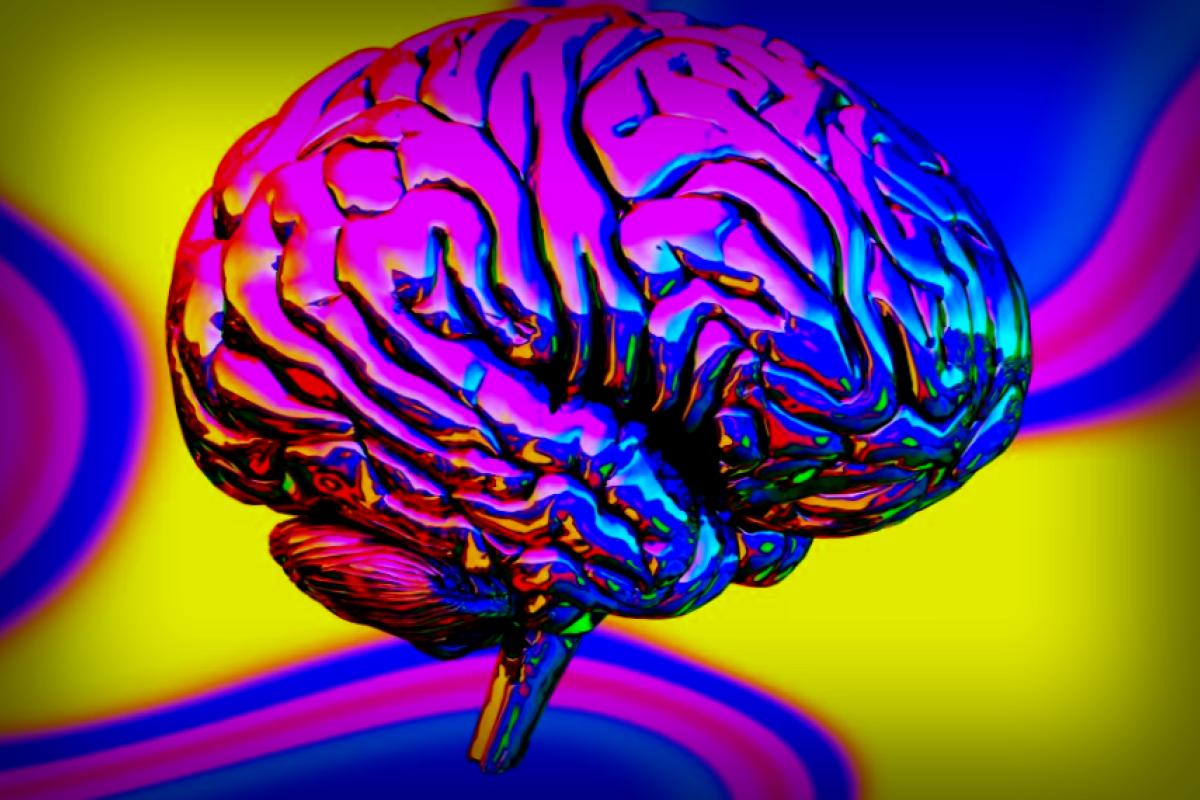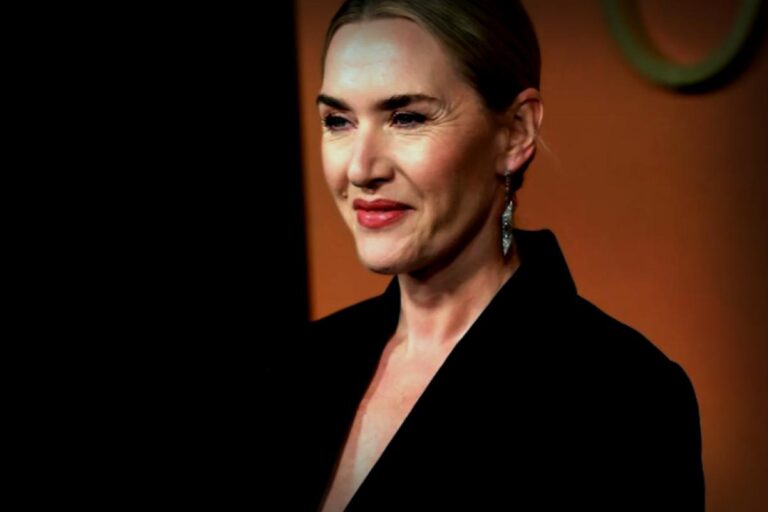- Researchers from Northwestern University have been studying SuperAgers for over 25 years, and they unveiled fresh results in the journal Alzheimer’s & Dementia.
- These SuperAgers, individuals aged 80 and above, maintain cognitive abilities similar to much younger people.
- Interestingly, they share a notable characteristic linked to their social lives.
We all wish to keep our minds sharp as we age, but that doesn’t always happen. Luckily, a long-term study of older adults who excel in cognitive health is shedding light on habits we can pick up ourselves.
Meet the “SuperAgers”—those who are 80+ yet have the cognitive skills comparable to a healthy middle-aged adult. Imagine an 85-year-old outsmarting a 55-year-old in a mental challenge! Besides their impressive brainpower, these individuals also experience far less brain volume loss than expected for their age, putting them at a lower risk of dementia.
Given this fascinating demographic, researchers have been glued to examining SuperAgers, with exciting revelations emerging from 25 years of data gathering by Northwestern University…
Meet the Experts:Dr. Clifford Segil is a neurologist at Providence Saint John’s Health Center in Santa Monica, CA. Dr. Scott Kaiser serves as a geriatrician and the Director of Geriatric Cognitive Health at the Pacific Neuroscience Institute.
What Were the Study’s Main Findings?
The recent study published in Alzheimer’s & Dementia showcases various intriguing aspects about SuperAgers. For instance, they show significantly less brain thinning as the years go by compared to their counterparts. The causes behind this phenomenon continue to puzzle scientists.
Furthermore, it appears that high social engagement is a shared quality among SuperAgers, who tend to be vibrant and outgoing individuals. As compelling as this sounds, it prompts the question: why does being social influence our mental sharpness as we grow old?
The Link Between Social Interaction and Aging Brain Health
There are a few possibilities here. Researchers found that SuperAgers possess significantly more von Economo neurons—brain cells linked with social behaviour—than others their age. Notably, it’s unclear whether being social enhances these neurons or if those with a healthy number naturally engage more socially.
As we age, prioritizing our social lives proves crucial for health. According to Dr. Kaiser, solitary lifestyles can be detrimental, sometimes as harmful as smoking! Yet, wholesome social bonds elevate cardiovascular health and reduce dementia risks.
Engaging socially reduces overall stress and enhances oxytocin—the happy hormone! Plus, those who maintain close relationships often make healthier life choices—which further bolsters their mental and physical well-being.
Moreover, tackling conversations with multiple people presents mental challenges, akin to a workout for your brain, suggests Dr. Segil. The brain needs to foster complex pathways to navigate social gatherings, making it a productive endeavor.
Additional Tips to Preserve Brain Health
Dr. Segil outlines various strategies that can aid brain health as we age, advising that implementing structure into our lives is vital. He highly recommends lifelong learning, such as enrolling in courses, socially interactive club memberships, volunteering opportunities, music listening sessions, or diving into the pages of an engaging book.
Highlighting the significance of socializing, Dr. Segil mentions that engaging relationships offer huge potential benefits as we grow older.




















